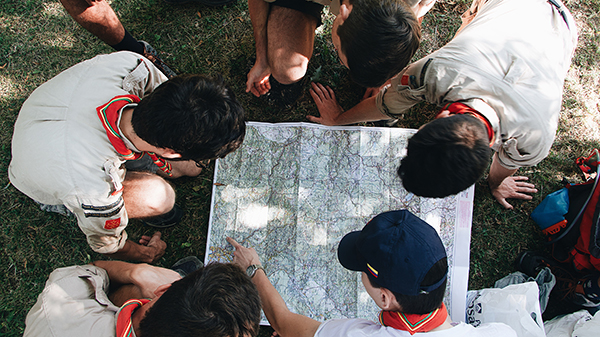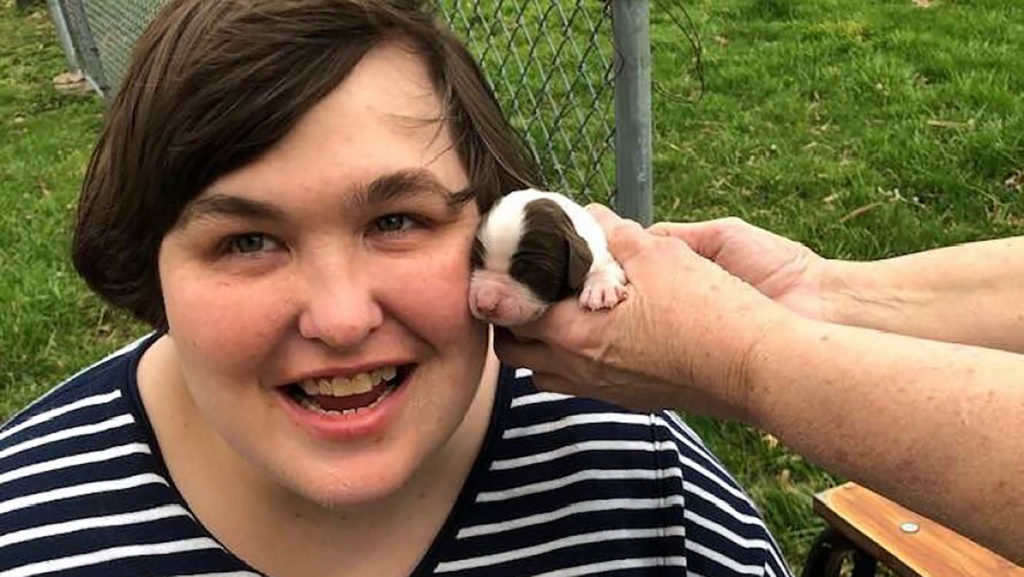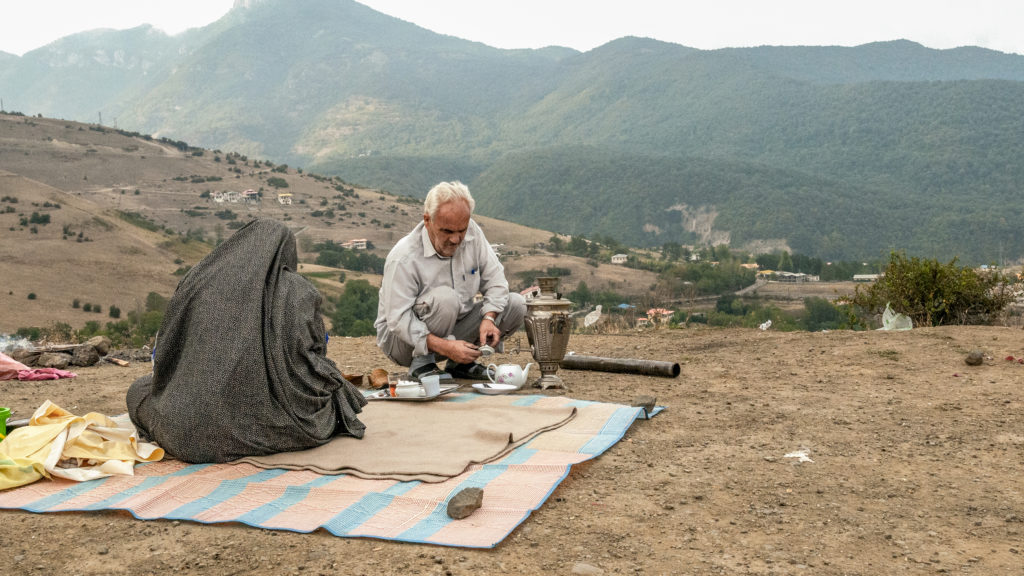The U.S. Supreme Court issued a quartet of decisions dealing with moral and church-state issues on the final day of its term June 28.
In those rulings, the high court:
- Decided the Boy Scouts of America (BSA) can prohibit homosexuals from being troop leaders;
- Struck down a state ban on a gruesome technique known as partial-birth abortion;
- Ruled federal government aid can be used to purchase instructional equipment at religious schools;
- Upheld a state law restricting sidewalk counselors and other pro-lifers outside abortion clinics.
The most divisive and highly anticipated opinions were those in the Boy Scouts and partial-birth abortion cases. Both were decided by 5–4 votes.
In Boy Scouts of America vs. Dale, the justices rejected a decision by the New Jersey Supreme Court that found the BSA is not a private group but a public accommodation that cannot discriminate on the basis of “sexual orientation,” which includes homosexuality. The state supreme court ruled having a homosexual leader was not inconsistent with the Boy Scouts’ values, even though the organization argued it has consistently said homosexuality and other immorality violate its requirements for leadership.
In an opinion written by Chief Justice William Rehnquist, the court said the New Jersey law violated the Boy Scouts’ “freedom of expressive association.”
In Stenberg vs. Carhart, the high court upheld an Eighth circuit Court of Appeals opinion striking down Nebraska’s ban on partial-birth abortion. In an opinion written by Associate Justice Stephen Breyer, the court agreed with the appeals court in finding the law imposed and “undue burden” on women seeking abortions. Rehnquist and Associate Justices Antonin Scalia, Anthony Kennedy and Clarence Thomas each filed a dissenting opinion.
Nebraska is one of 27 states that have adopted a ban patterned after federal legislation that twice has been vetoed by President Clinton following strong congressional support. The procedure prohibited by the bans is typically performed in the fifth or sixth month of pregnancy. As practiced by some abortion doctors, it involves the delivery of an intact baby feet first until only the head is left in the birth canal. The doctor pierces the base of the baby’s skull with surgical scissors, then inserts a catheter into the opening and suctions out the brain.
The justices overturned by a 6–3 vote in Mitchell vs. Helms, a Fifth Circuit Court of Appeals decision that found a federal program more than 30 years old was unconstitutional in its provision of books, computers and other equipment to religious schools. Thomas wrote the court’s opinion.
In Hill vs. Colorado, the court voted 6–3 to uphold a 1993 Colorado law targeting the actions of sidewalk counselors and other anti-abortion protesters. The law prohibits anyone within 100 feet of a “health-care facility” from approaching within eight feet of another person, unless that person consents, on a sidewalk or in the “public way” in order to persuade or protest. (BP)






Share with others: